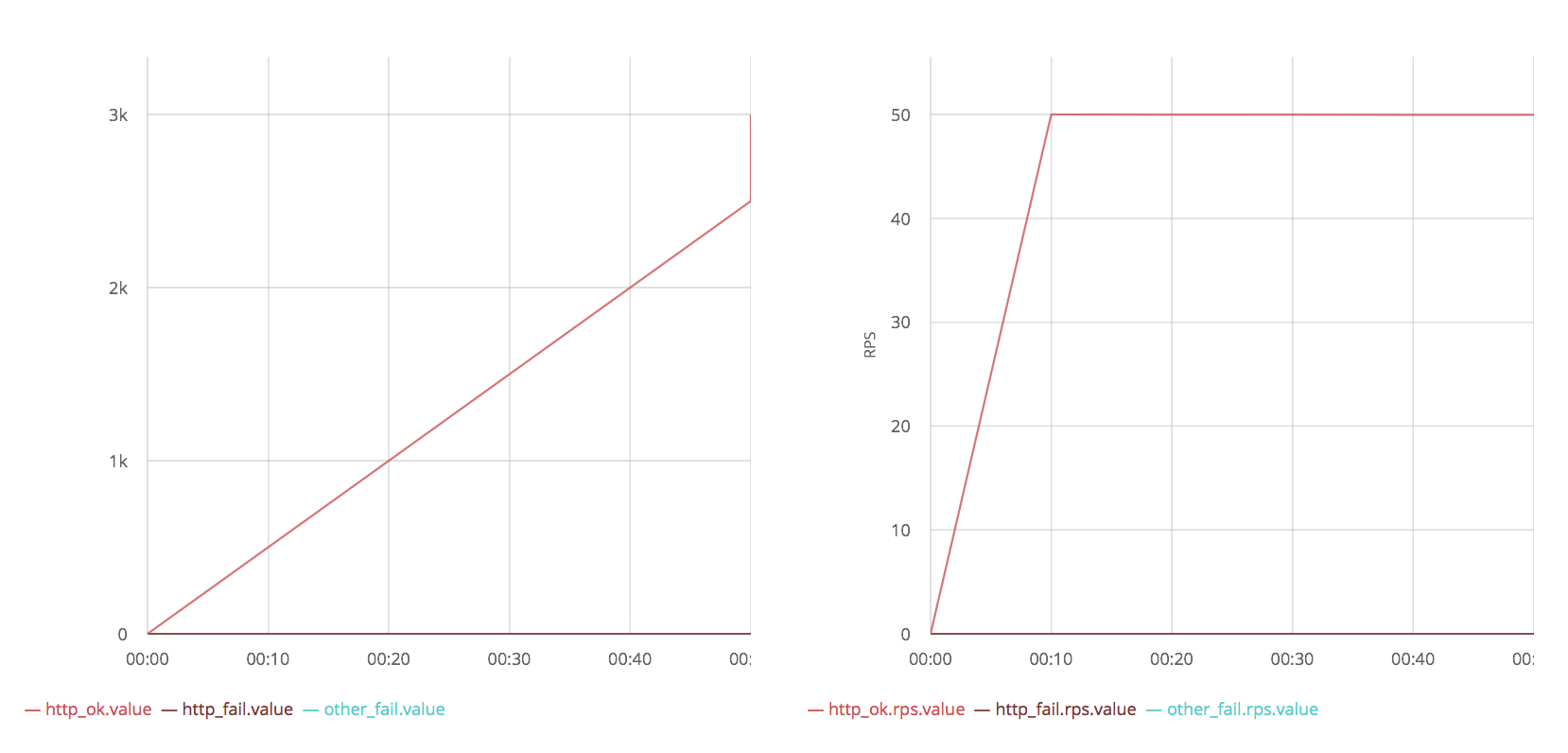Expressive, scalable load testing tool
MZBench helps software testers and developers test their products under high real life load. By testing your product with MZBench before going to production, you reduce the risk of outages under real life highload.
MZBench runs test scenarios on many machines simultaneous, maintaining millions of connections, which make it suitable even for large scale products.
MZBench is:
- Cloud-aware: MZBench can allocates nodes directly from Amazon EC2 or run on a local machine.
- Scalable: tested with 100 nodes and millions of connections.
- Extendable: write your own cloud plugins and workers.
- Open-source: MZBench is released under the BSD license.
Out-of-the-box it supports HTTP, MySQL, PostgreSQL, MongoDB, Cassandra, XMPP, AMQP, TCP, Shell commands execution, Simplified HTTP, and TCPKali.
Implementing addtional protocols is not that hard, but if you want something particular to be implemented — feel free to create an issue.
To use MZBench, you'll need:
- Erlang R17+
- C++ compiler
- Python 2.6 or 2.7 with pip
Download MZBench from GitHub and install Python requirements:
$ git clone https://github.com/machinezone/mzbench
$ sudo pip install -r mzbench/requirements.txt If you want to use virtualenv (optional) to isolate Python dependencies:
$ git clone https://github.com/machinezone/mzbench
$ cd mzbench
$ virtualenv venv
$ source venv/bin/activate
$ pip install -r requirements.txtStart the MZBench server on localhost:
$ cd mzbench
$ ./bin/mzbench start_server
Executing make -C /path/to//mzbench/bin/../server generate
Executing /path/to//mzbench/bin/../server/_build/default/rel/mzbench_api/bin/mzbench_api startWhen the server is running, launch an example benchmark:
$ ./bin/mzbench run examples.bdl/ramp.bdl
{
"status": "pending",
"id": 6
}
status: running 00:09Go to localhost:4800 and see the benchmark live status:

